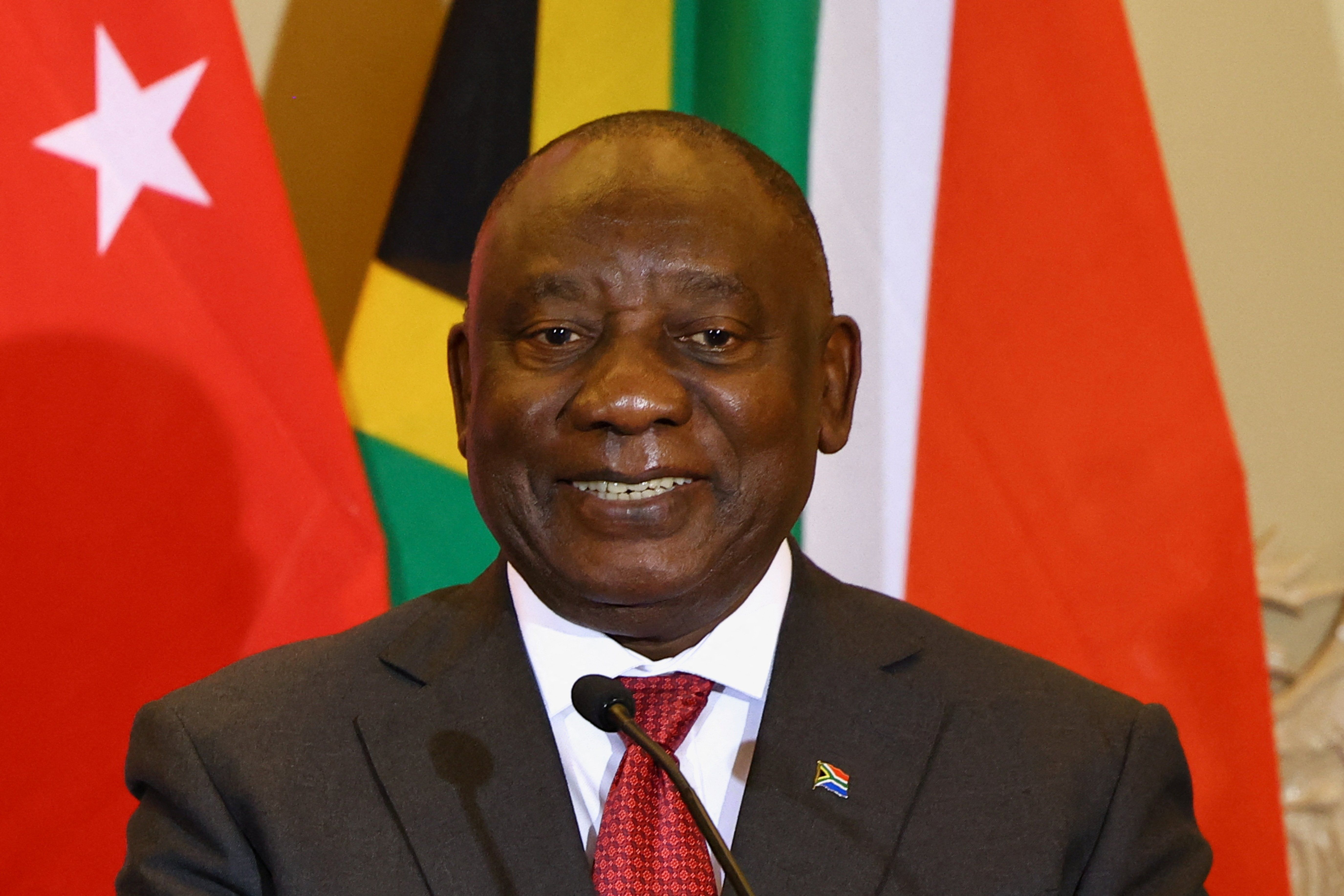The leaders of half a dozen African countries traveled to Kyiv on Friday for a mission to advance ceasefire prospects in the war. They were welcomed by incoming Russian missiles and air raids. Leading the effort is South African President Cyril Ramaphosa who, despite being officially non-aligned, has cultivated close ties with the Kremlin recently – holding joint military drills and allegedly allowing arms shipments to Moscow.
The others in the group — Egypt, Uganda, Senegal, the Republic of Congo, and Zambia — differ in their positions toward Russia, but they share one thing: Like most of the Global South, they see the war almost entirely through the lens of higher food and energy prices, and they want it to end pronto. The group heads to St. Petersburg later today for talks with Vladimir Putin tomorrow.
But don’t hold your breath for the doves to cry. African leaders have little leverage with Moscow or Ukraine, and a ceasefire is a nonstarter while Ukraine’s long-awaited counteroffensive gathers steam.
But it’s a wise move for Ukrainian President Volodymyr Zelensky, in particular, to take the visit. Although his main foreign audience is the US and the EU – that’s where he gets his guns and money from – he’s been reaching out more to the Global South lately, particularly since China began positioning itself as a potential peacemaker.
Last month, Z dropped in on the Arab League summit, and a few days later he held a bilateral meeting with Indian PM Narendra Modi at the G7. Engaging with African powers is smart politically, even if it won't turn the tide of the war – and we’ll be watching to see what case Zelensky makes to them.
